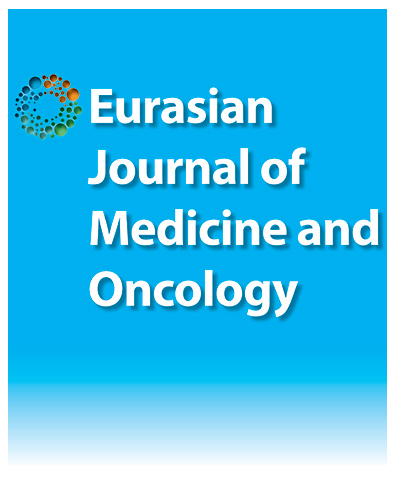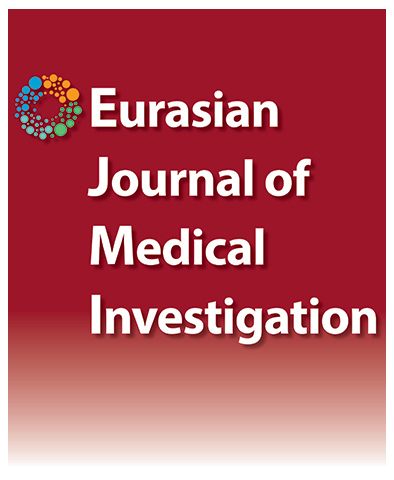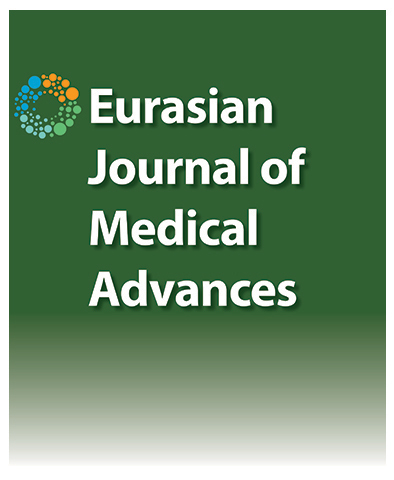The Effect of Hypochlorous Acid on Preventing Postoperative Peritoneal Adhesions: An Experimental Study
Özge Öztürk1, Akgun Oral2, Malik Ergin31Department of Child Surgery, Bilecik Research and Training Hospital, Bilecik, Türkiye2Department of Child Surgery, Health Practice and Research Center, İzmir Dr. Behçet Uz Children Hospital, İzmir, Türkiye
3Department of Medical Pathology, Health Practice and Research Center, İzmir Dr. Behçet Uz Children Hospital, İzmir, Türkiye
Objectives: Postoperative peritoneal adhesion is a devastating complication without an ideal preventive and therapeutic modality. There is controversy about the effect of hypochlorous acid solutions and whether they contribute to the development or prevention of experimental peritoneal adhesions, given their anti-inflammatory and microbicidal properties. Therefore, the objective of this study is to evaluate the effect of the intraperitoneal hypochlorous acid application on the extension and severity of peritoneal adhesions in an experimental model.
Methods: A total of 24 Wistar-albino rats were divided into three groups: Group 1 (Sham surgery), Group 2 (peritoneal adhesion using cecal serosal abrasion with parietal peritoneal excision and intraperitoneal saline), and Group 3 (peritoneal adhesion using cecal serosal abrasion with parietal peritoneal excision and intraperitoneal hypochlorous acid). On the postoperative 14th day, abdominal cavities were explored. Linsky's and Knightly's macroscopic adhesion classifications reflected the extent and intensity of adhesions. Zühlke’s classification was used to grade the adhesions microscopically.
Results: Animals in all groups developed cecal and peritoneal adhesions to variable extents and at various severity levels, except for two (28.6%) animals in Group 3. Nevertheless, there was no significant difference between the groups in scores obtained from the Linsky’s peritoneal adhesion extent classification, the Knightly’s peritoneal adhesion severity classification, and the Zuhlke’s microscopic adhesion classification systems (p>0.05 for all).
Conclusion: Intraperitoneal hypochlorous acid application did not lead to any significant improvement in the macroscopic and microscopic peritoneal adhesion scores.
Corresponding Author: Özge Öztürk, Türkiye
Manuscript Language: English






